Persistence of Food Insecurity and Malnutrition
Hunger and malnutrition have worsened in India with the onset of the pandemic, but the information we have points to a deterioration even before Covid-19.
India’s oldest Socialist Weekly!
Editor: Dr. G.G. Parikh | Associate Editor: Neeraj Jain | Managing Editor: Guddi
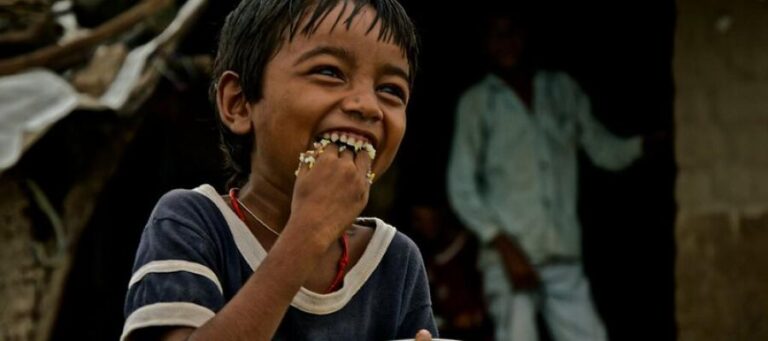
Hunger and malnutrition have worsened in India with the onset of the pandemic, but the information we have points to a deterioration even before Covid-19.
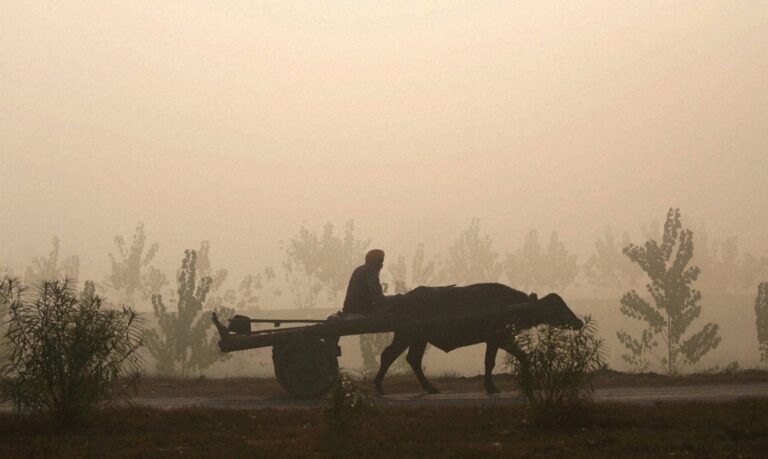
Review of Jaideep Hardikar’s book, “Ramrao: The Story of India’s Farm Crisis.” If you want to know about India, about perhaps the largest human interest story on the planet, you must read “Ramrao”.
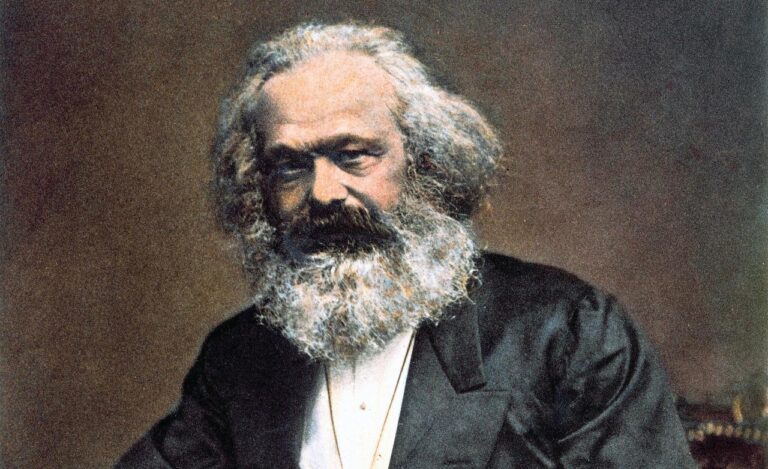
Did Karl Marx have a theory of race and capitalism? Not exactly, but he theorized on these issues for over four decades and much of what he wrote still speaks to us today. At a time of global and U.S. struggles for liberation in the face of a deeply racialized fascist threat, these writings are worth revisiting.
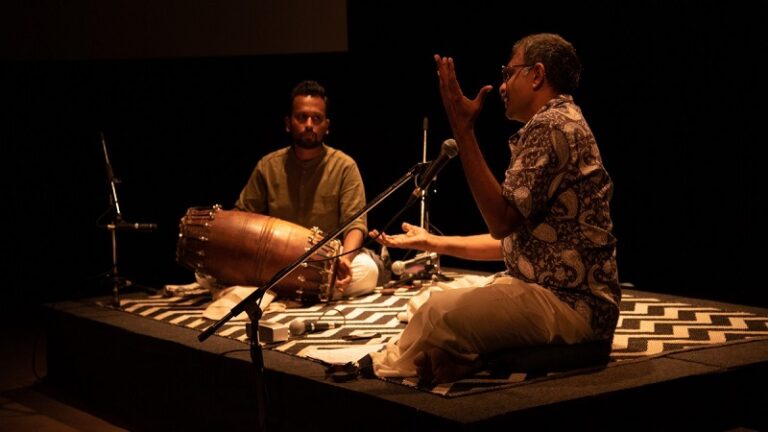
TM Krishna recently performed an exclusive musical tribute to the memory of the innocents killed in the anti-Muslim Gujarat genocide of 2002. Here, he talks about how the music was curated and how it has an even bigger role to play now when there is communal tension, and open calls are given for genocide.
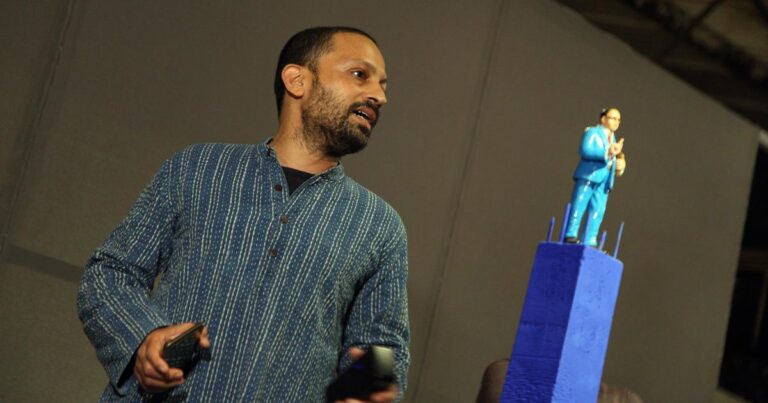
S. Anand, the founder of publishing house Navayana, is trying to break away from the body of Hindustani bandishes that remain stuck in antiquity.
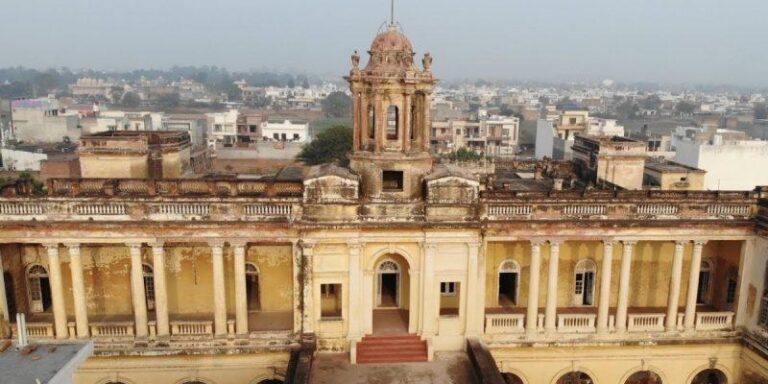
The senseless and relentless march of violence has made us forget who we are and how we have lived, worked and prayed together for centuries.
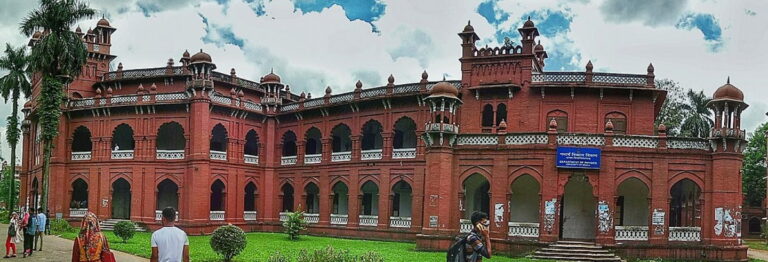
In 1921, Bengal witnessed the foundation of two universities: Visva Bharati and Dacca. The early years of the institutions give us a portrait of two unique models of education, learning, and pedagogy.
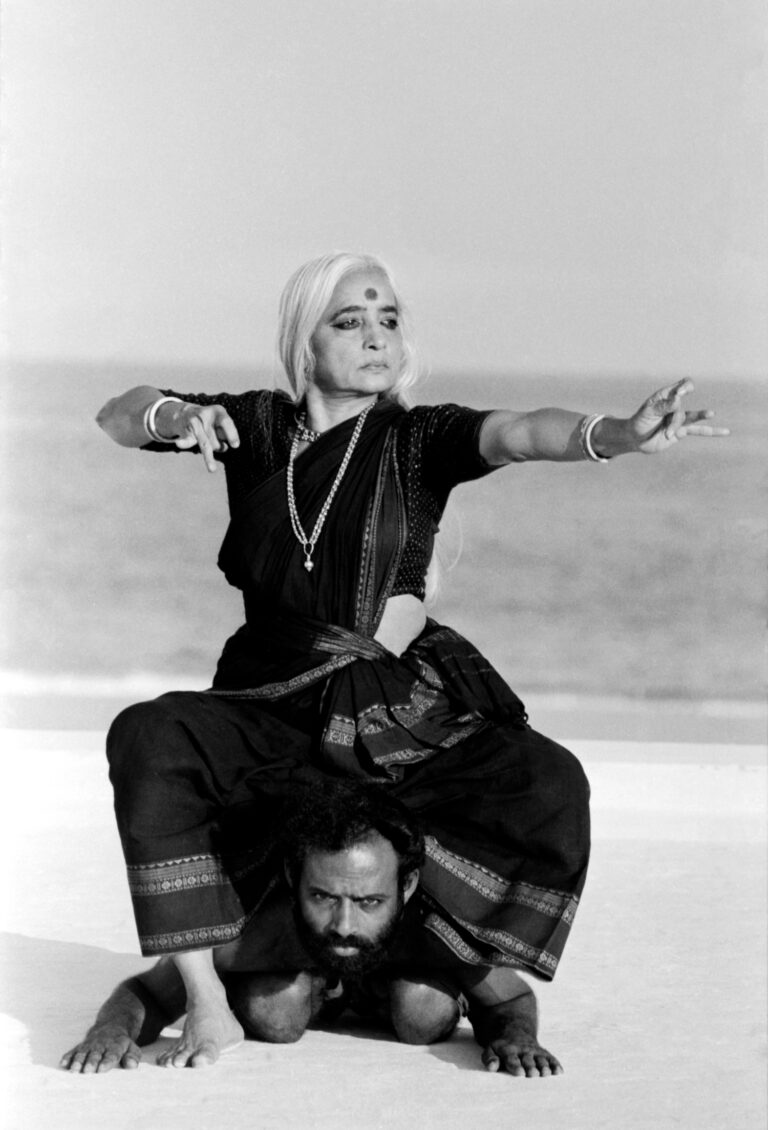
Dancer/choreographer Chandralekha’s original essay on the iconography of the female, its deep subconscious power and its potential feminist charge.
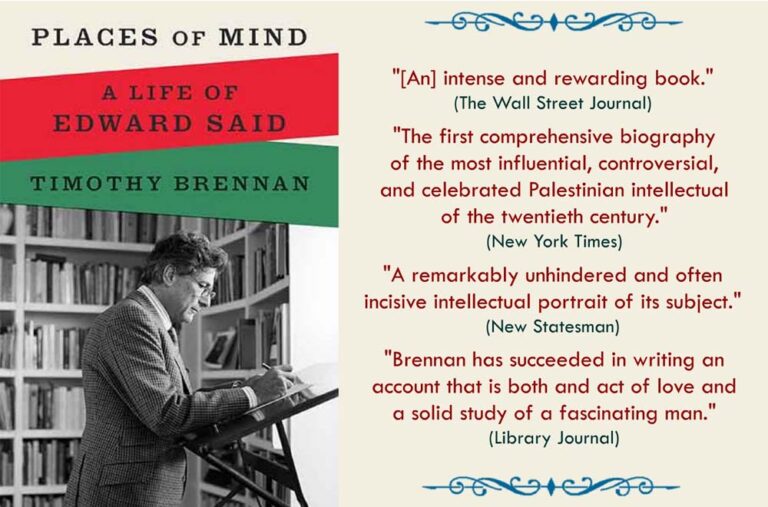
Remarks on 30 June 2021 at the opening on the Book Launch of Timothy Brennan’s ‘Places Of Mind: A Life Of Edward Said’. An attempt to grapple with the complexity and contradictory character of Said, who was at once engaging, paradoxical, theatrical, seductive, critical, provocative, who could be on occasion defensive and even enraged.

Dostoevsky’s books – with their unique mix of dark comedy and pathos – are notoriously gloomy. Yet they can be oddly uplifting. In them he tested the very limits of human freedom: in prison he bore witness to the darkest sides of human nature; in his later years in freedom he agonised over our natural dogmatism and self-destructiveness.
Janata Weekly is India’s oldest independent socialist weekly.
Ever since its founding in 1946, Janata has voiced its principled dissent against all conduct and practice that is detrimental to the cherished values of nationalism, democracy, secularism and socialism, while upholding the integrity and the ethical norms of healthy journalism. For more than seventy years now, week after week, it has continued to analyse the changes taking place in the country and the world from a socialist standpoint, and thus promote the spread of socialist ideology in the country.
Address: D-15, Ganesh Prasad, Naushir Bharucha Marg, Mumbai- 400007.
Help us increase our readership.
If you are enjoying reading Janata Weekly,
DO FORWARD THE WEEKLY MAIL to your mailing list and
invite people to subscribe for FREE!